Cell Reproduction -> cellular physiology
Cellular Physiology
Cellular physiology is the study of how cells function at a molecular level. It involves understanding the various processes that occur within a cell, including metabolism, cell signaling, and the regulation of cellular activities.
Key Concepts to Understand Cellular Physiology:
- Cell Structure: Understanding the different organelles within a cell and their functions, such as the mitochondria for energy production and the nucleus for genetic material storage.
- Cellular Metabolism: Exploring the processes of cellular respiration, photosynthesis, and how cells convert nutrients into energy.
- Cell Signaling: Investigating how cells communicate with each other through chemical signals and receptors, and how these signals regulate cellular activities.
- Cellular Transport: Understanding how cells move molecules in and out of the cell through processes like diffusion, osmosis, and active transport.
- Cellular Homeostasis: Exploring how cells maintain internal balance and stability through processes like feedback mechanisms and the regulation of pH and temperature.
Study Guide for Cellular Physiology:
Here are some key topics to focus on when studying cellular physiology:
- Review the structure and function of organelles within the cell, such as the mitochondria, endoplasmic reticulum, and Golgi apparatus.
- Understand the processes of cellular respiration and photosynthesis, including the role of ATP in cellular energy production.
- Explore the mechanisms of cell signaling, including how hormones and neurotransmitters transmit signals within the body.
- Study the different forms of cellular transport, including passive and active transport, and how cells maintain osmotic balance.
- Learn about cellular homeostasis and the role of feedback mechanisms in maintaining a stable internal environment within cells.
By understanding these key concepts and topics, you will have a solid foundation in cellular physiology and be well-prepared for further studies in cell biology and related fields.
.◂Science Worksheets and Study Guides Seventh Grade. Cell Reproduction
Study Guide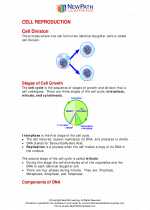 Cell Reproduction
Cell Reproduction  Activity Lesson
Activity Lesson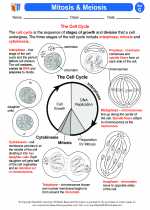 Mitosis & Meiosis
Mitosis & Meiosis  Worksheet/Answer key
Worksheet/Answer key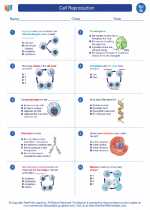 Cell Reproduction
Cell Reproduction  Worksheet/Answer key
Worksheet/Answer key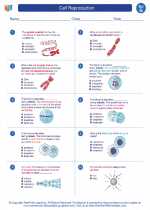 Cell Reproduction
Cell Reproduction  Worksheet/Answer key
Worksheet/Answer key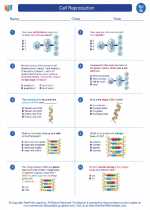 Cell Reproduction
Cell Reproduction  Vocabulary/Answer key
Vocabulary/Answer key Cell Reproduction
Cell Reproduction  Vocabulary/Answer key
Vocabulary/Answer key Cell Reproduction
Cell Reproduction  Vocabulary/Answer key
Vocabulary/Answer key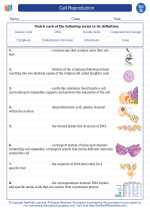 Cell Reproduction
Cell Reproduction  Vocabulary/Answer key
Vocabulary/Answer key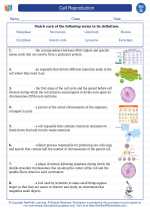 Cell Reproduction
Cell Reproduction  Vocabulary/Answer key
Vocabulary/Answer key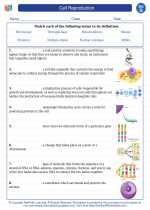 Cell Reproduction
Cell Reproduction  Vocabulary/Answer key
Vocabulary/Answer key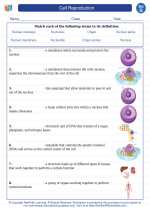 Cell Reproduction
Cell Reproduction  Vocabulary/Answer key
Vocabulary/Answer key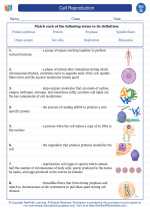 Cell Reproduction
Cell Reproduction  Vocabulary/Answer key
Vocabulary/Answer key Cell Reproduction
Cell Reproduction 

 Activity Lesson
Activity Lesson
 Worksheet/Answer key
Worksheet/Answer key
 Worksheet/Answer key
Worksheet/Answer key
 Worksheet/Answer key
Worksheet/Answer key
 Vocabulary/Answer key
Vocabulary/Answer key
 Vocabulary/Answer key
Vocabulary/Answer key
 Vocabulary/Answer key
Vocabulary/Answer key
 Vocabulary/Answer key
Vocabulary/Answer key
 Vocabulary/Answer key
Vocabulary/Answer key
 Vocabulary/Answer key
Vocabulary/Answer key
 Vocabulary/Answer key
Vocabulary/Answer key
 Vocabulary/Answer key
Vocabulary/Answer key

The resources above cover the following skills:
LIFE SCIENCE
From Molecules to Organisms: Structures and Processes
Gather and synthesize information to explain how prokaryotic and eukaryotic cells differ in structure and function, including the methods of asexual and sexual reproduction.